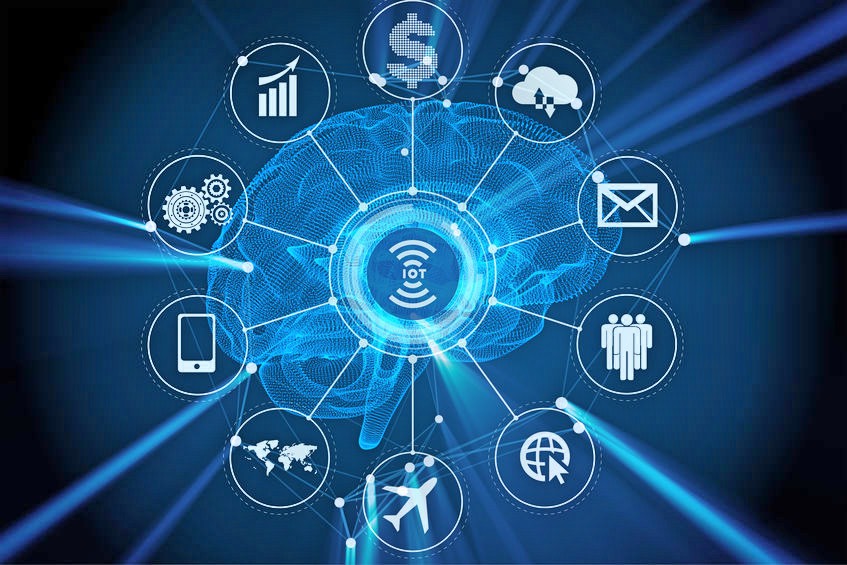Updated April 11: We celebrated World IoT day on April 9. For most of us, it was just another day at work. We may read the occasional article on IoT, but unlike the new gadgets that continue to mesmerize us, IoT is not something you can see and touch — and fiddle with. IoT is perceived to be more of “an industrial thing” as some are likely to say. But the truth is, it is already a part of our daily lives. As Mark Weiser, a pioneer of IoT once said: “The most profound technologies are those that disappear. They weave themselves into the fabric of everyday life until they are indistinguishable from it.”
Adoption of IoT is on the rise in India. The number of IoT devices in India is expected to increase significantly from roughly 200 million units in 2016 to 2.7 billion units by 2020, according to a NASSCOM report. As enterprises increasingly digitalise their supply chains, we will see various stakeholders in the chain adopt IoT — particularly in industries like healthcare, manufacturing, telecom, logistics, and retail.
But what impact will IoT have on our personal lives? Will we experience IoT in the near future?
Well, you are already experiencing it.
How many gadgets do you use at work and in your home? If you are wearing a wellness band or a smartwatch or wireless headphones, it’s connected to your smartphone — and then to the Internet. That’s a notable example of IoT working behind the scenes to provide a service to you. Except you just take it for granted, and could not be bothered about the technical underpinnings that make this technological feat possible.
The interconnection of devices is also happening in our homes. Smart speakers are becoming interconnection hubs for appliances around the home. For instance, you can control the brightness of lights in your home by saying: “Alexa! Dim the lights!” There was once a time when we found it cool to do that just by clapping our hands twice!
The most profound technologies are those that disappear. They weave themselves into the fabric of everyday life until they are indistinguishable from it.
— Mark Weiser
Summer is upon us here in India and sales of air-conditioners and fans are zooming. The other day, I saw two advertisements — one for an IoT-enabled ceiling fan and the other an air-conditioner that you can control from your smartphone. I’m not sure if these appliances can be connected to the Internet, but I am willing to bet that someday they will be. And once they are connected to the Internet the manufacturer will be able to push software updates to these appliances, to enhance their security or add new features.
We are seeing a lot of traction for IoT in the automobile sector. My favorite example is Tesla Motors. Someone once said Tesla cars are like iPhones on wheels! These cars get new features and enhanced functionality through software updates. There are hundreds of components in automobiles, and many of these will soon have sensors. That means, they’ll generate data about the performance of those components — data that’s sent back to the cloud for processing.
So IoT is definitely becoming an intricate, though unobtrusive part of our lives. It’s blending in. That also means we need to be aware of how we use this technology. It could potentially be misused against us, so there are security implications. There are a group of people out there that want to hack into your network and steal your data. They look for entry points to the network — and the entry point could be an inconspicuous device (read: forgotten) on your network. It could be a printer lying in a dusty corner of the office, or an IP-enabled security camera that was installed long ago. So you have to be mindful and aware about updating the software on all these devices. It’s like updating the apps on your phone. You update the apps (and your phone’s software) to plug all the security vulnerabilities.
So here’s the message I would like to leave you with on World IoT Day: IoT is becoming an intricate part of our lives. We need to be aware of how we use it. And we need to secure all our IoT devices, by updating their software regularly. IoT will make our lives simple, but we need to find ways to use it for other purposes like conserving energy and protecting our environment.
Happy IoT Day!

